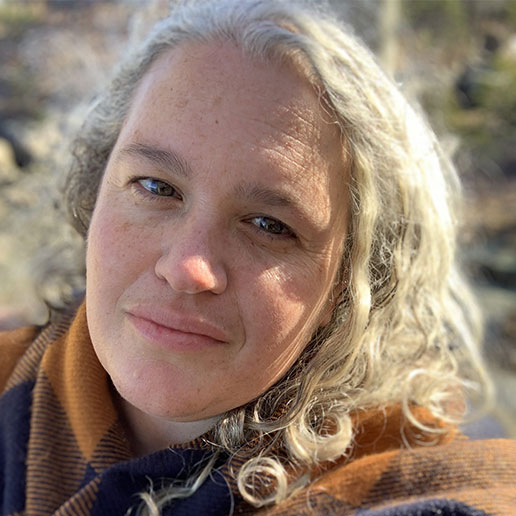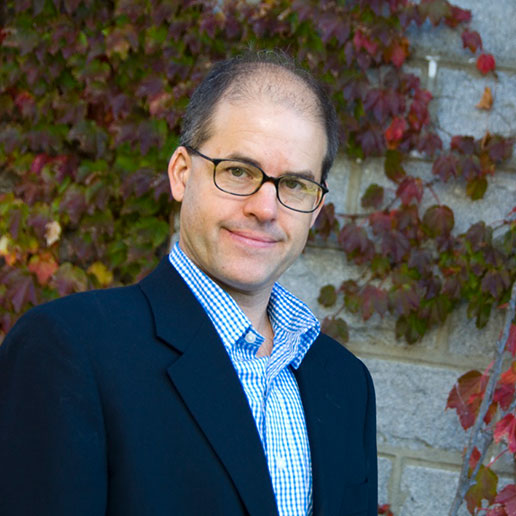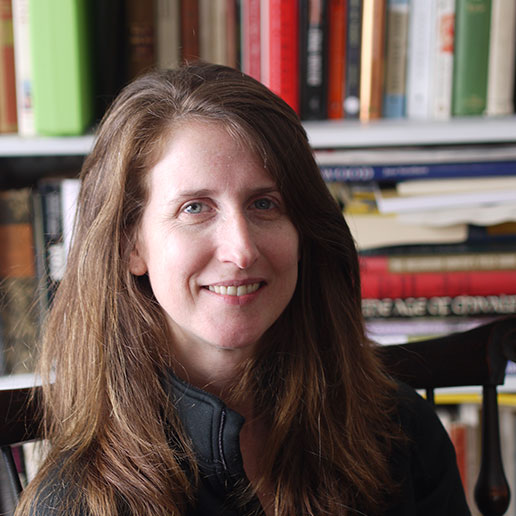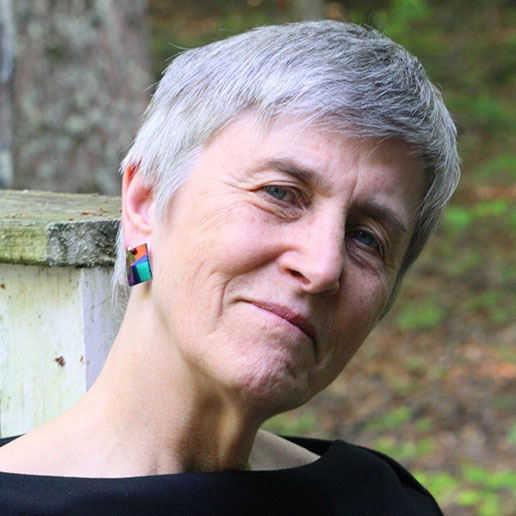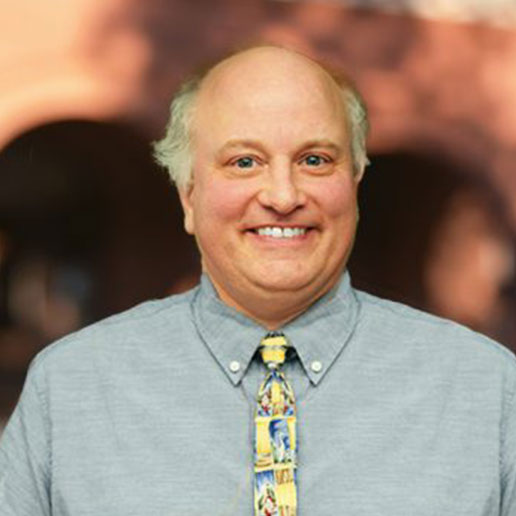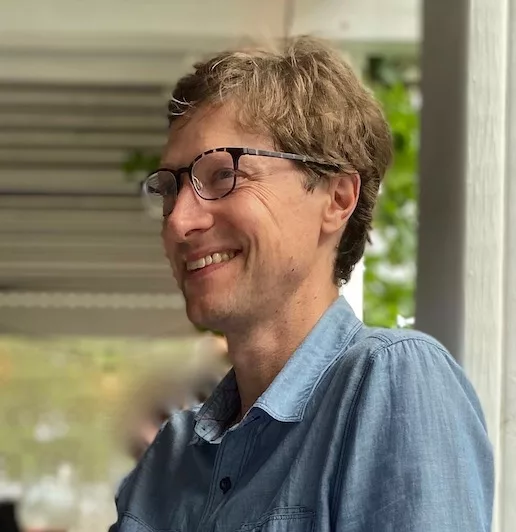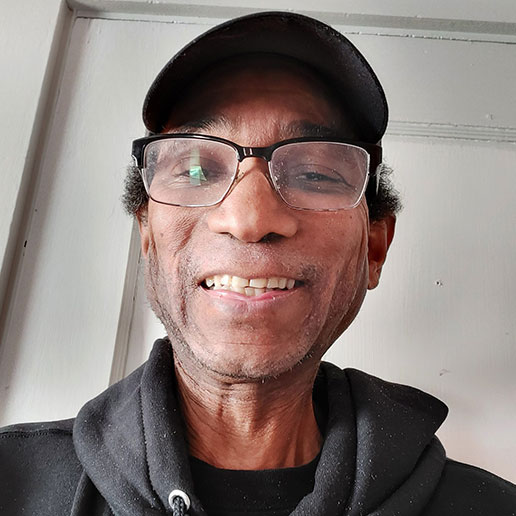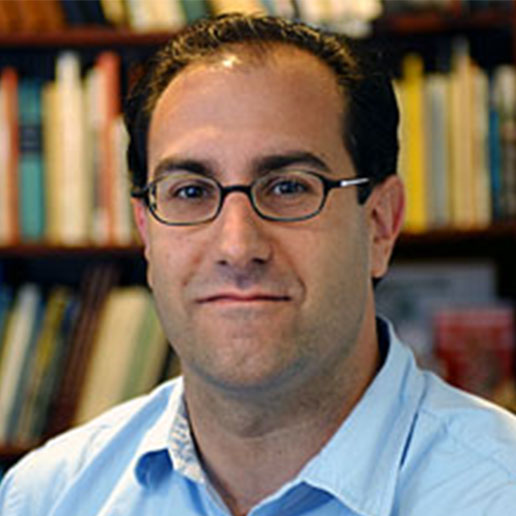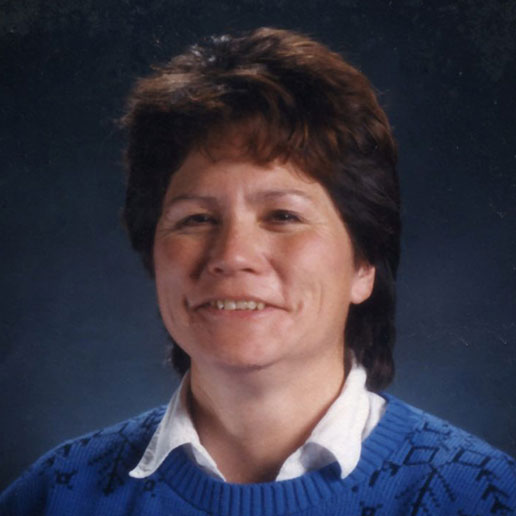President, Khmer Maine
he/him
Marpheen Chann is an author, thinker, advocate, and speaker on social justice, equity, and inclusion.
As a gay, first-generation Asian American born in California to a Cambodian refugee family and later adopted by an evangelical, white working-class family in Maine, Marpheen uses a mix of humor and storytelling to help people view topics such as diveristy, equity, inclusion, belonging, and justice through an intersectional and empathetic lens.
Marpheen Chann lives in Portland, Maine. He works in the nonprofit and advocacy sector and holds a bachelor’s degree in Political Science from the University of Southern Maine and a law degree from the University of Maine School of Law.
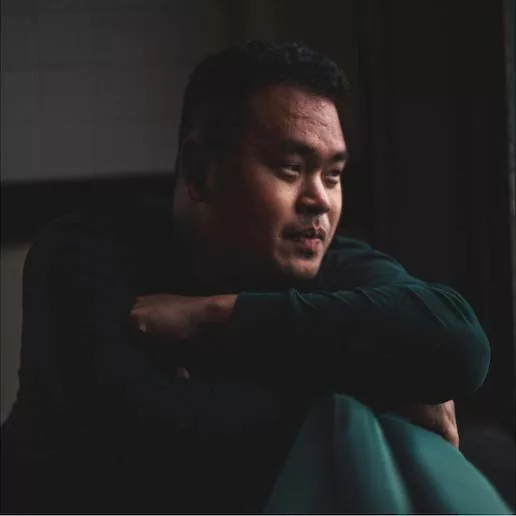
Talks
Welcome Home: My Journey Through Foster Care, Coming Out, and Reuniting with Family
Life is complicated and full of twists and turns. In “Welcome Home,” Marpheen shares his insights, lessons learned, and maybe a few laughs as he shares his story as a second-generation Cambodian American who went through foster care and adoption, struggled with fitting in and adapting to a white-majority community, and coming out as gay to his devoutly religious family.
The Empathy Effect: How to Have Conversations That Lead to Change
In a time of great division and anger nationwide, how do we go about changing hearts and minds when it comes to issues like diversity, inclusion, and equity? In a 40 minute presentation followed by Q+A discussion, Maine politician, author and civil rights advocate Marpheen Chann shares his personal story of growing up in Maine, coming out to his religious adoptive family, and the lessons he’s learned about how change can happen.
Moon in Full: A Modern-Day Coming-of-Age Book Talk
Moon in Full, a contemporary coming-of-age story, shines light on one young man’s search for truth and compassion in a complicated era as it unwinds the deep-seated challenges we all face finding our authentic voice and true identities. Author Marpheen Chann’s heart-warming journey weaves through housing projects and foster homes; into houses of worship and across college campuses; and playing out in working-class Maine where he struggles to find his place. Adopted into in a majority white community, Chann must reconcile his fears and secret longings as a young gay man with the devoutly religious beliefs of his new family. Chann, a second-generation Asian American, recounts what he has learned, what he has lost, and what he has found during his evolution from a hungry refugee’s son to religious youth to advocate for acceptance and equality.

